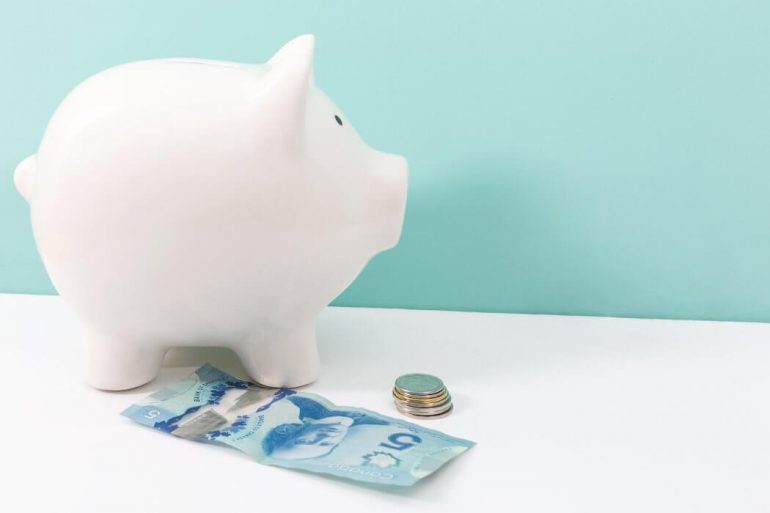If you’ve spent any time following VC fund sizes, you’ll know that immense amounts of money are flooding into the market. SoftBank raised a $100 billion Vision Fund, Sequoia is raising an $8 billion Global Fund, and Lightspeed has raised a (paltry in comparison) $1 billion fund.
In the short term, cockroaches don’t dominate, but when the clouds break and the economy recovers, they’re still in the game.
Some of this is the knowledge that capital is a weapon, and you can crown a winner by providing them with a massive cash arsenal. But some if it likely also stems from a growing concern that we’re approaching a recession. By no means a certainty, we’re starting to hear more frequent predictions that both Canada and the US are headed towards an economic downturn over the next couple years.
Society can debate the likelihood, the causes, and the ultimate severity, but internally, VCs are starting to think about their personal and portfolio resiliency to a contracting economic climate. Regardless of the recipient, fundraising becomes harder when the economy doesn’t do as well, so anticipatory raises tend to increase in size.
What impact does this have on you, a startup?
Your next round is not at any particular risk
In the near term, we’re in a solid economic climate and there are lots of VC dollars available. Exciting ideas with compelling founders will continue to get funding, and if your vision for your company requires venture funding, you have the same chances today to raise this round as you had six months ago (excluding competitive changes or a change to how your revenue quality is valued in the public markets). So go forth and raise your next round, but consider the long-term impact you might feel.
Capital efficiency will be top of mind
VCs are likely spending time thinking about the prospects of their existing portfolio companies. Runway and burn are likely to be more dominant conversations than ever. This will impact how VCs evaluate prospective investments as it’s now top of mind. You should understand your basic capital efficiency ratios. How does lifetime burn compare to current ARR? Does one dollar of marketing translate to one dollar of revenue (ie. your return on ad spend – ROAS)? Is your burn needlessly high due to overstaffing in non-crucial areas or spending money on office space it will take two years to grow into?
Build your breakeven plan
What does it look like if you can’t raise a subsequent round? How fast can you turn into a profitable business? Are you able to weather the storm by cutting burn?
In the short term, cockroaches don’t dominate, but when the clouds break and the economy recovers, they’re still in the game. And if we avoid a recession, it’s still a helpful exercise as it keeps you in control of your own destiny, rather than reliant on external capital sources that might come with strings attached.
Image courtesy Burst.


